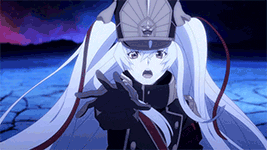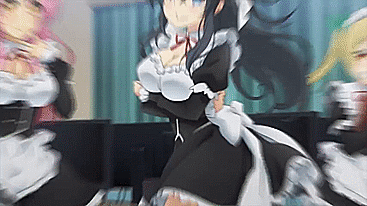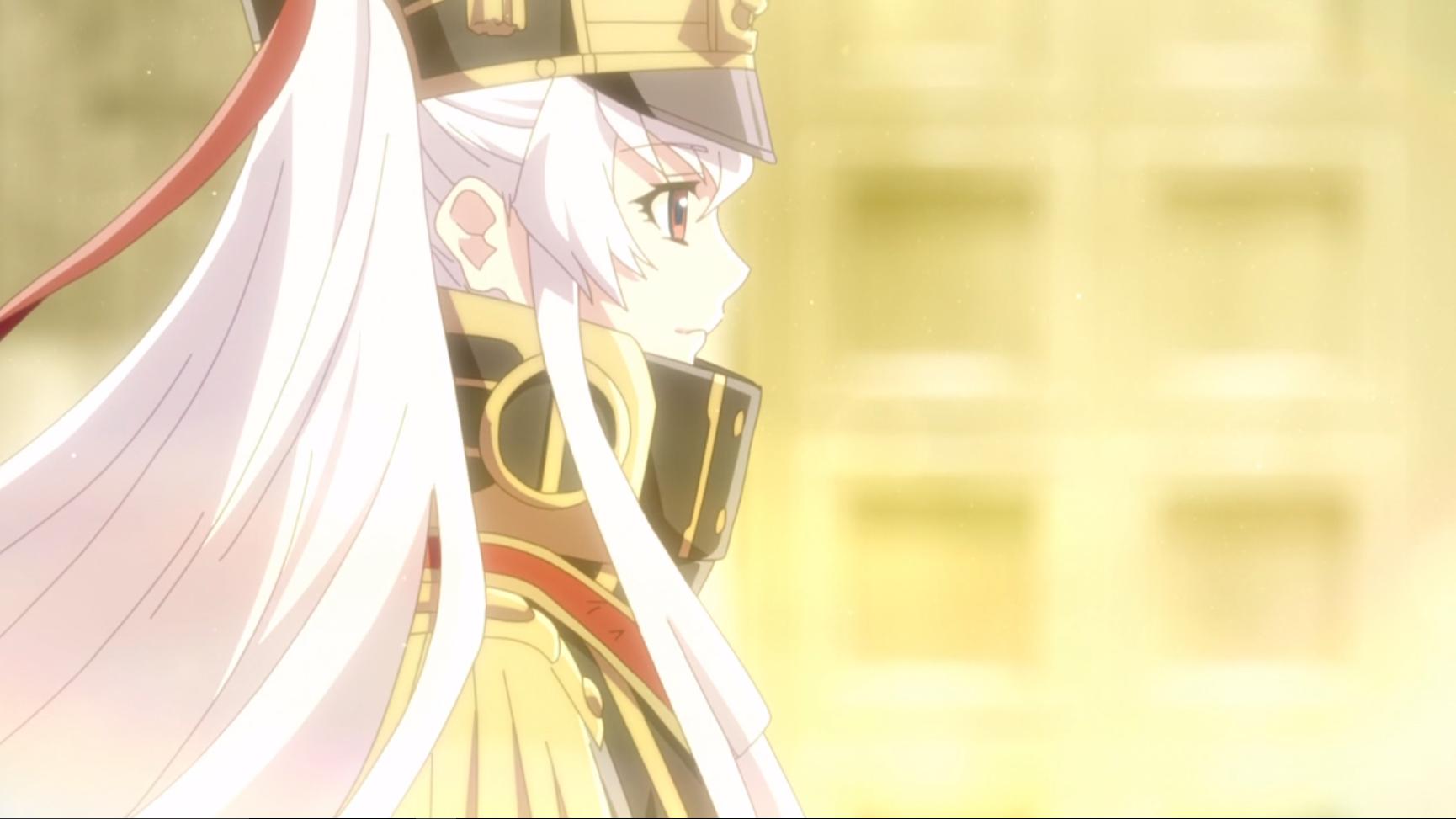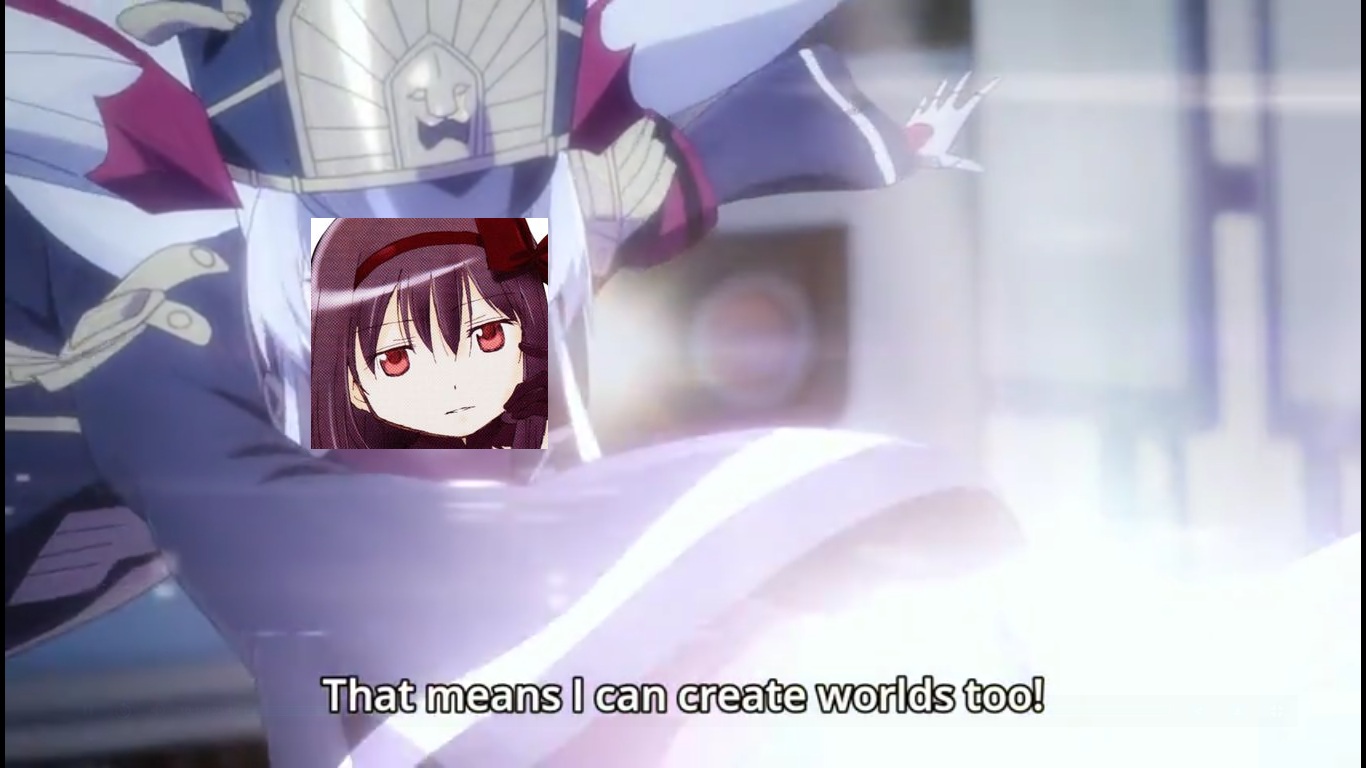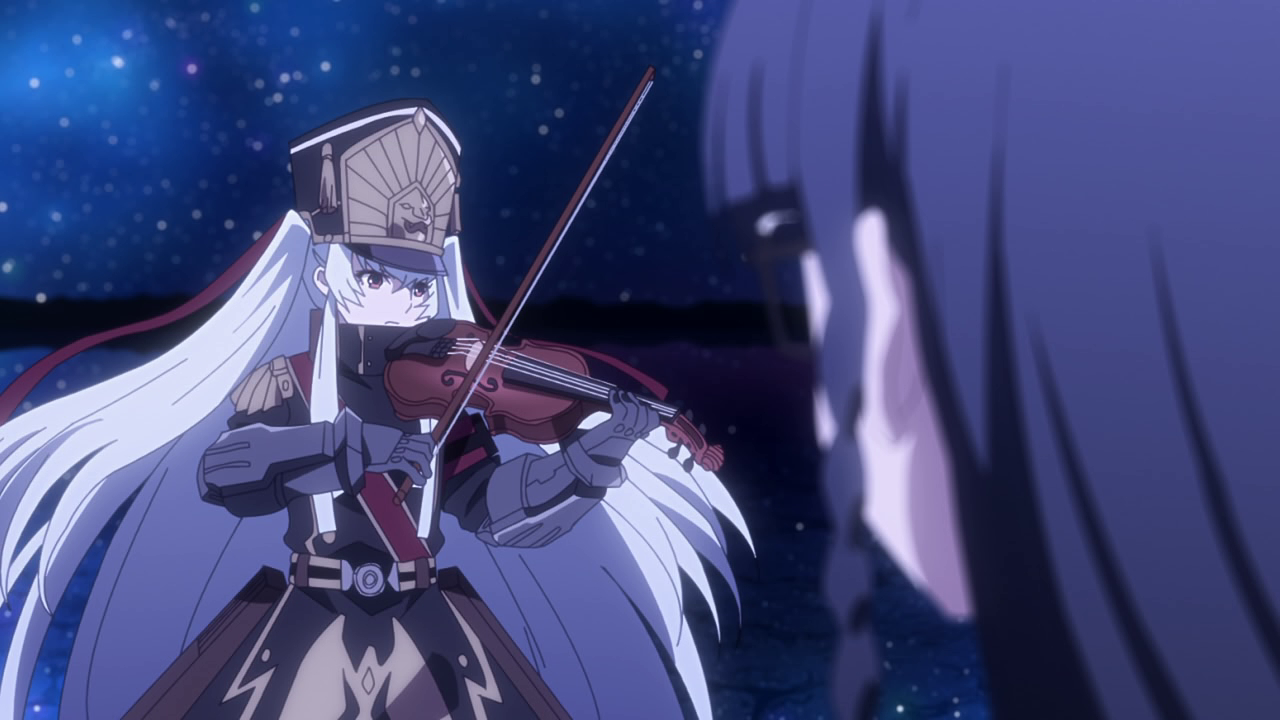caio_ken said:HeroVladimir93 said:
The show is asking us to think of Altair as a good person who forgot to be good and accept her pain and the way she chose to process it, but she used that pain to abuse others. To me at least, Altair wore her pain like a crown and abused others to get what she wanted. She wasn't a good person and even if she let go of her revenge, she still got what she wanted at the expense of good people who tried to show her a better way. I guess I'm too human to forgive and forget.
Altair didn't have what she wanted. The real Setsuna is dead and she didn't destroyed the world, the Setsuna with her is a fake with a personality based in what Souta knew about her. Altair accepted that she was a fake because even then, she was somehow Setsuna.
I feel that analysis ignores the core premise of the show. This entire series was based on the idea that a story world is no less real than any other world. The Setsuna that Souta created may not be the Setsuna that died, but if you accept the core message of the show then you can't really call her fake. It's the same with every other creation in the series; they were each significantly more than the sum of their stories. I really liked the way Yuuya said it in an earlier episode; a creator is just the concept of fate with a personality tacked on.
With that in mind, had Souta created an empty caricature with Setsuna's face and voice, one who just tried to admonish Altair, then you would be perfectly correct to claim her a fake. However, that was not his intention. He explicitly said that he created the character of Setsuna to be the Setsuna he knew. This is why she could claim to have memories of things he could not have known about, just like all of the other creations could have lives, thoughts, and opinions beyond what the other creators could thing of. In the end, it all comes down to that one core idea; if you accept that a created world is no less real than the creator's world, then it all fits. If you don't, then I feel you missed the deepest and most interesting part of the story.
---
Also, a bunch of people are making the claim that the show wants to present Altair as a good person, which is a rather strange argument when even Altair's creator called her evil. I think it's more correct to say that the show wants to present Altair as a tragic, or sympathetic villain. She is a character that does bad things for reasons that the viewers should be able to understand and emphasize with, even if we don't agree with her actions. It's not about her forgetting to be good; her "god" literally created her while full of pain and hatred. Not only that, but having watched the episode there are a lot of hints that Altair was meant to be a sort of author-proxy, or even self-insertion character. Setsuna claimed that she filled Altair with all of her thoughts and emotions, which poses the question, what else is there to Altair beyond that base.
That said, all of Altair's actions make sense in the context within which she was created. She wanted to destroy the world, because hate was the only thing her creator left her with. When later she was given the chance to be reunited with her creator, she decided to abandon everything else and create an entirely new universe just for that sole purpose. It wasn't about abandoning revenge. It was about choosing what was most important. There's nothing to forgive or forget after that. As far as the main Re: Creators universe is concerned, both Altair and Setsuna are gone, the same way Selesia, Mamika, and Alicetaria are gone. All of their stories will continue in the minds of the people within that universe, but that's it. If someone is annoyed that they didn't see Altair bruised, beaten into the ground and left to bleed out in agony then that's an issue they need to work out for themselves. There's nothing reasonable about such a desire, though even the fact that the show managed to evoke that sort of feelings in some is a good indication about how powerful the it was. |


